According to the Japanese government's annual report on the state of the agricultural industry, released on May 31, about 1.16 million Japanese people are involved in agriculture in 2023, down significantly from 2.4 million in 2000. Of that total, people under 60 account for only 20%.
These statistics point to a larger concern, as Japan imports the majority of its food and the country’s food self-sufficiency rate is only 38%. Furthermore, tensions in the South China Sea or the waters around Taiwan – a key shipping route for imports and exports from Japan – could severely disrupt food supplies and quickly cause shortages.
Japan has been trying to address this problem. The Basic Law on Food, Agriculture and Rural Areas, passed in 1999, calls in part for raising the country’s food self-sufficiency rate to 45 percent by 2030. But that figure seems unlikely to be met, especially if young people continue to turn away from the countryside.
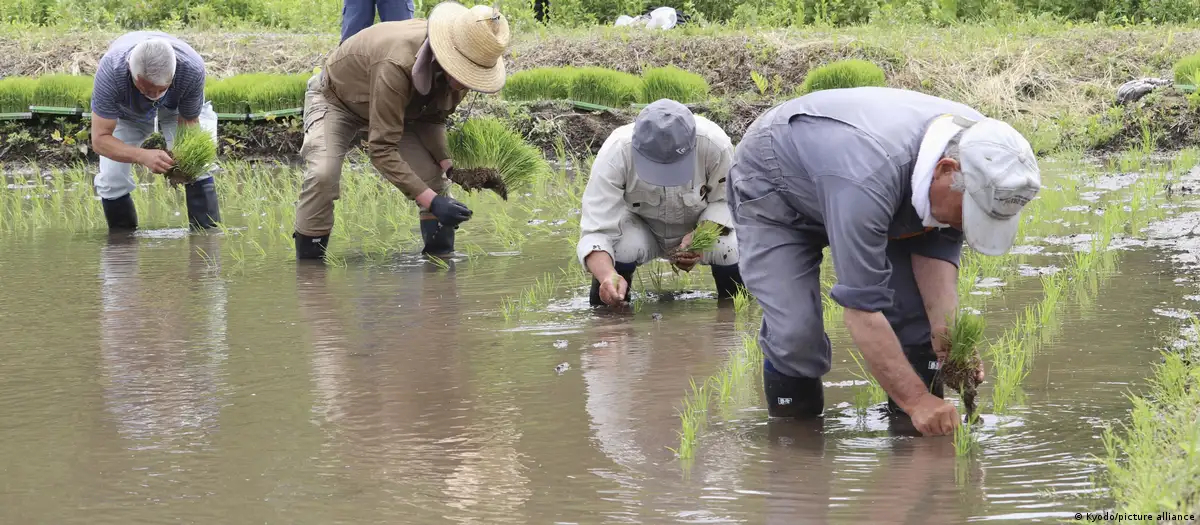
Japanese agriculture is suffering as young people seek jobs elsewhere. Photo: Kyodo
Keiko Ishii admits to feeling a little relieved when her youngest son decided to give up the bright lights of Tokyo to return to his hometown and take over running the family farm, making him the fifth generation of the family to make a living from the land.
Ms. Ishii's family farm is located in the town of Otawara, about 90 minutes by train north of Tokyo, famous for its rice. Her family also grows barley and vegetables for sale through the local branch of the Japan Agricultural Cooperative.
At just 6,250 square meters, the farm is extremely small by European and North American standards, which is typical in Japan, but it also makes farming less efficient.
“Farmers have to get up very early. Mornings are the busiest time, especially if you’re also trying to get the kids to school on time. Summers are also getting hotter, so it’s best to get as much done as possible before it gets too hot. The hours are long and there’s always something to do,” said Ishii.
In addition to the long hours and physically demanding work, farming incomes are often lower than the average Japanese income of 6.2 million yen.
“This is not a popular profession due to low and unstable income,” said Professor Kazuhiko Hotta at Tokyo University of Agriculture. “The central and local governments are implementing various policies to encourage people to become farmers, including supporting living expenses, arranging farmland leases and increasing opportunities to learn new skills. But so far, the effect is very low.”
Mr Hotta is also concerned about Japan's "very low self-sufficiency rate" because stable supplies are crucial to the country's survival. But he remains optimistic.
“As many of the current farmers age and retire, new farmers will take their place and there will be an increase in large-scale corporate management. That will allow for a transition to a more efficient form of farming, although this will take time,” he said.
Despite the challenges, the Ishii family has no intention of giving up their land. “Of course it’s hard work, but there’s no better job for someone who likes to be outside, who likes to be surrounded by nature,” says Keiko Ishii. “I never look at the clock to see if it’s time to go home, and it’s nice to be your own boss. I think that’s part of the reason my son came back here.”
Hoai Phuong (according to DW)
Source: https://www.congluan.vn/tai-sao-gioi-tre-nhat-ban-roi-bo-linh-vuc-nong-nghiep-post300362.html



![[Photo] Closing of the 11th Conference of the 13th Central Committee of the Communist Party of Vietnam](https://vstatic.vietnam.vn/vietnam/resource/IMAGE/2025/4/12/114b57fe6e9b4814a5ddfacf6dfe5b7f)



![[Photo] Overcoming all difficulties, speeding up construction progress of Hoa Binh Hydropower Plant Expansion Project](https://vstatic.vietnam.vn/vietnam/resource/IMAGE/2025/4/12/bff04b551e98484c84d74c8faa3526e0)


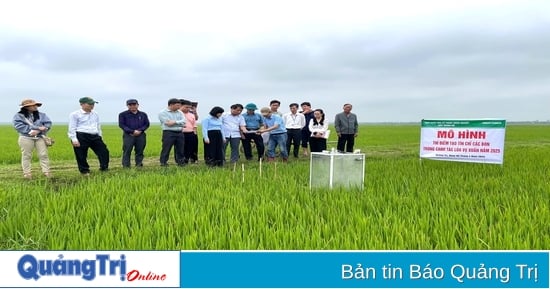



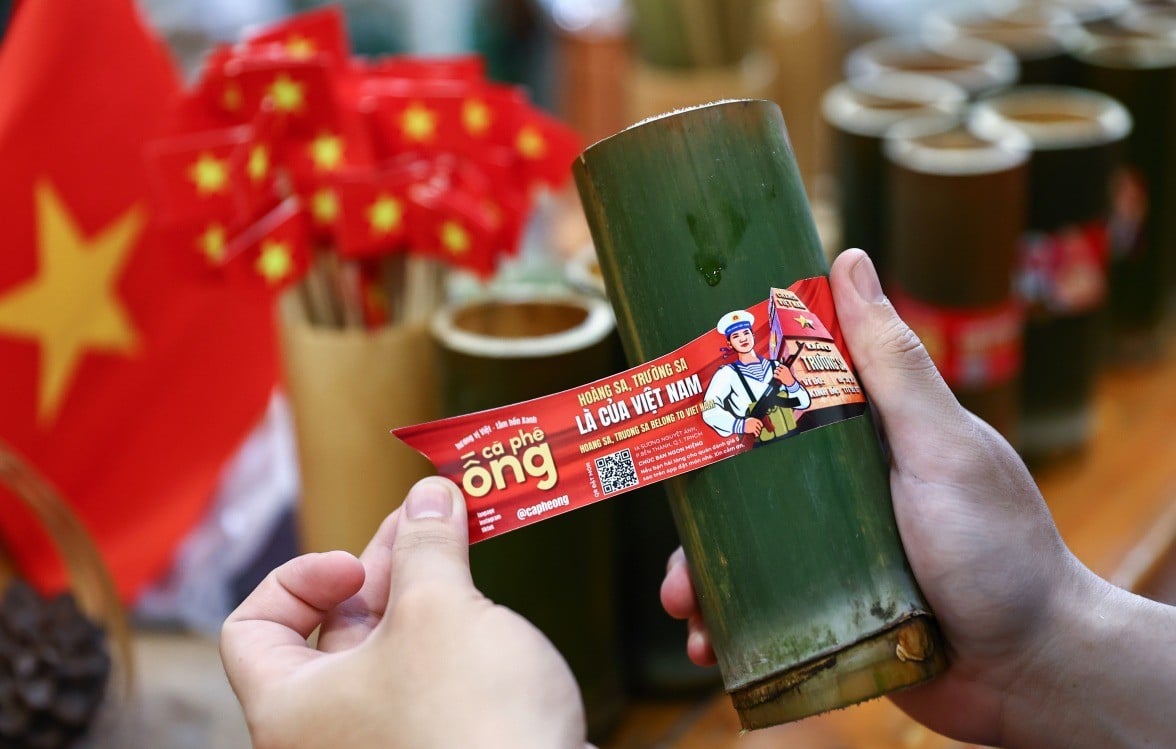



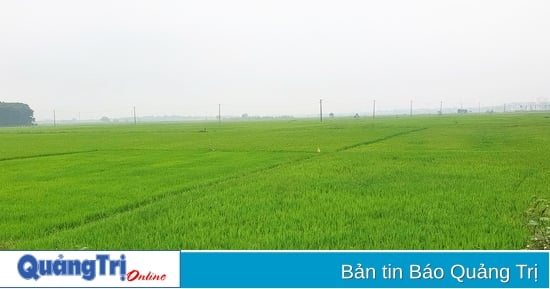





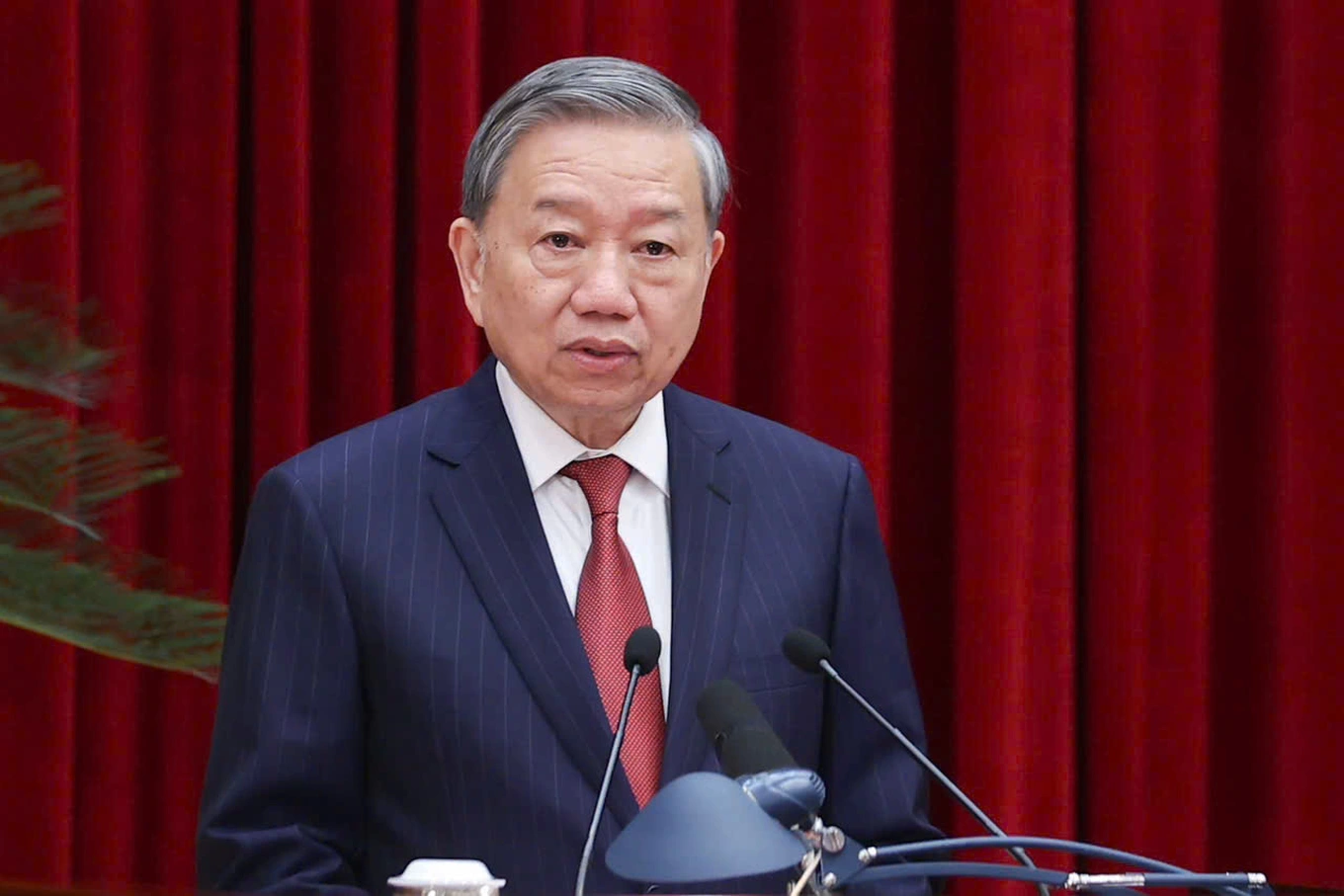




















































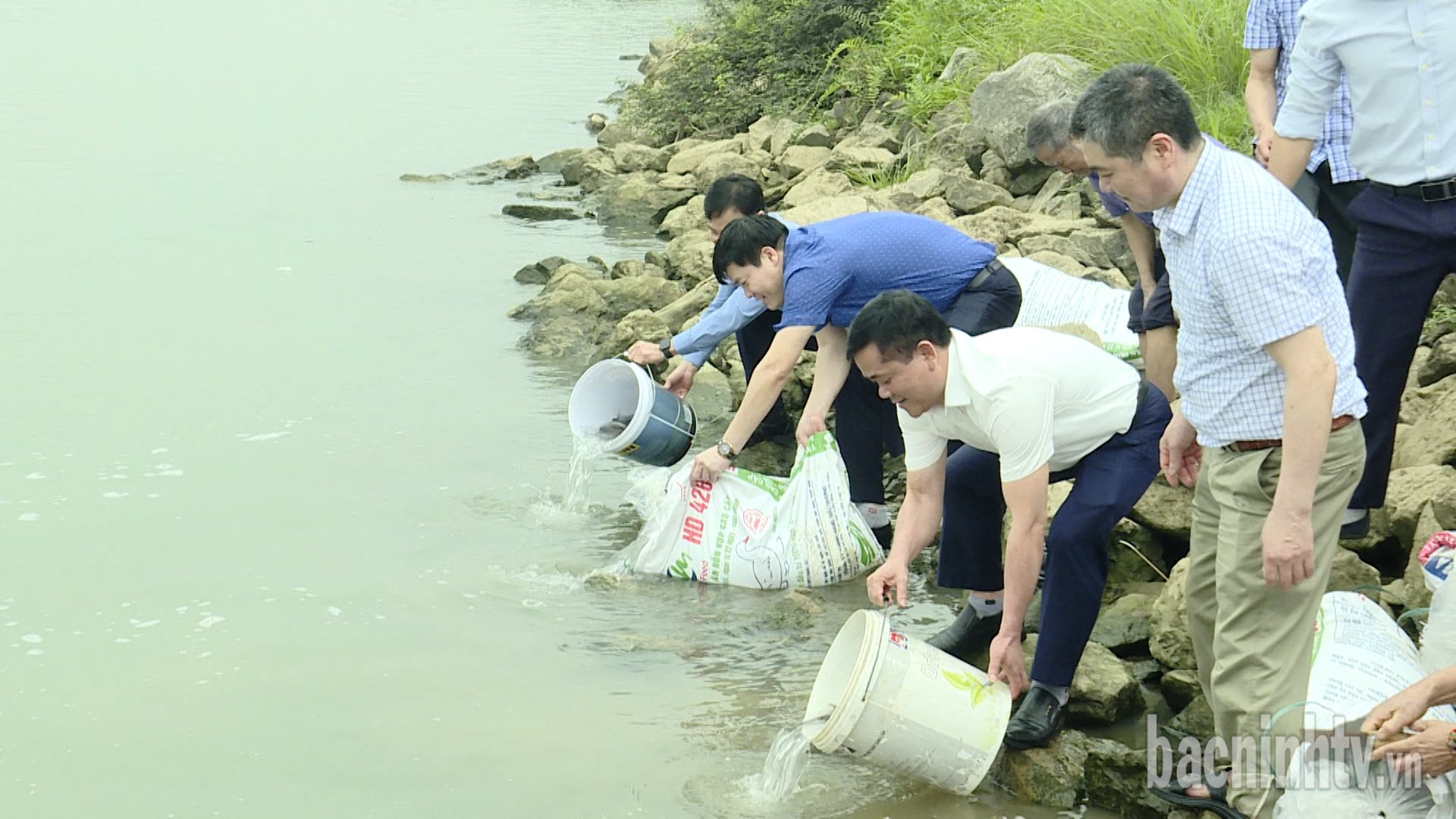





















Comment (0)